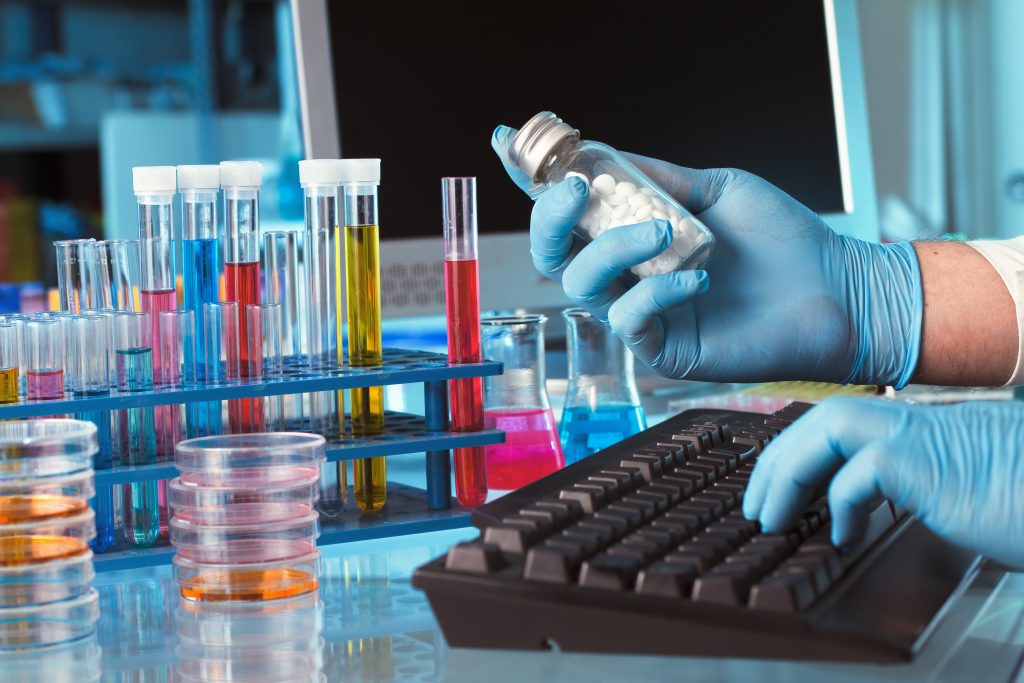In the realm of pharmaceuticals, the journey from molecule discovery to a final, market-ready medicine involves a complex and intricate process. Bridging the gap between drug discovery and active pharmaceutical ingredient (API) manufacture is essential for creating efficient routes that optimize timelines, reduce costs, and improve overall drug development outcomes. Drug discovery is the initial phase where potential molecules are identified and tested for their therapeutic potential. This stage involves rigorous screening, molecular modeling, and testing against specific targets. However, the transition from a promising molecule to a viable drug requires a seamless integration with the subsequent stages, particularly API manufacture. API manufacture is the process of developing a reliable and scalable method for producing the active ingredient in the drug. This integration is crucial for streamlining the development process, as inefficiencies or inconsistencies can lead to delays, increased costs, and potential failures in the later stages.

To achieve efficient routes from molecule to medicine, interdisciplinary collaboration and knowledge sharing between chemists, pharmacologists, engineers, and other experts are paramount. This collaboration fosters a holistic approach to drug development, where the properties of the potential molecule are considered alongside the practicalities and challenges of manufacturing the API. One way to improve this integration is by adopting principles of green chemistry, emphasizing efficiency, sustainability, and environmental responsibility. Green chemistry focuses on optimizing chemical processes to reduce waste, energy consumption, and the use of hazardous materials. Applying these principles during drug discovery and API manufacture helps design molecules that are not only effective therapeutics but also feasible to produce on a larger scale. Another approach involves utilizing computational tools and artificial intelligence (AI) to enhance molecule design and predict manufacturing challenges. AI algorithms can analyze vast amounts of data and generate insights that guide efficient molecule design, allowing chemists to create molecules with favorable manufacturing attributes from the outset.
Furthermore, continuous process improvement is a critical aspect of integrating drug discovery and API manufacture. Implementing real-time monitoring and feedback mechanisms during the manufacturing process allows for immediate adjustments, ensuring the production of high-quality APIs while minimizing resource wastage. Incorporating modular and flexible manufacturing systems is another strategy to improve efficiency. These systems enable rapid adaptation to changing requirements, reducing downtime and speeding up the production cycle. By having the ability to switch between different molecules without significant reconfiguration, pharmaceutical manufacturers can be more agile and responsive to market demands. Collaborations between academic institutions, research organizations, and pharmaceutical companies are instrumental in advancing research and development in this integrated approach. In conclusion, read more integrating drug discovery and API manufacture is essential for developing efficient routes from molecule to medicine in the pharmaceutical industry. By promoting collaboration, leveraging green chemistry principles, embracing AI technologies, implementing continuous process improvement, and adopting flexible manufacturing systems, the pharmaceutical sector can enhance the efficiency, sustainability, and effectiveness of drug development, ultimately benefiting patients and society as a whole.